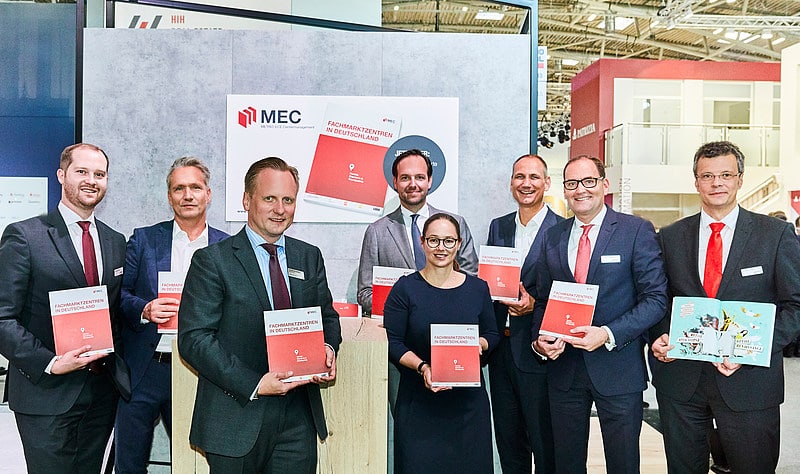- 8. October 2018
Retailers want more flexible lease terms
The desire for more flexible lease terms is an important issue for retailers. In a survey conducted by MEC METRO-ECE Centermanagement among retail companies in the specialist store segment, almost 80% of those surveyed stated that they aim at lease terms of five to ten years in the future, preferably with an extension option.
However, operators of concepts up to 1,000m² prefer shorter terms of five years plus an extension option, operators over 1,000m² prefer classic lease terms of ten to fifteen years with option.
The COO of MEC, Christian Schröder, explains: "The retail industry is undergoing profound changes and the strategies for coping with them are complex. Shorter lease terms are not only disadvantageous. They also offer the opportunity to adapt a location to the demand more quickly, and with an accelerating rental market investors can also profit economically again more quickly".
Securing the future of retail real estate is a joint task of investors and retailers. "The current market situation means that more investment by landlords and tenants is required in order to retain customers. This has worked well in the food retail segment in recent years," explains the Head of Shopping Center Management at Corpus Sireo, Christoph Jauck.
Online retailers also need omnichannel
The results of the survey as well as new aspects on the retail industry and retail parks are presented in the sixth issue of the retail parks report titled “Retail Parks in Germany. Retail, locations, points of view.” The central question of the overall view of the study is how the entire retail industry, not only brick-and-mortar retailers, will change and where developments will lead. Online and brick-and-mortar retail are two sides of the same coin: brick-and-mortar retailers have to integrate e-commerce, online retailers have to build up retail knowledge and expand physically. This development can be observed worldwide. In the USA, for example, pure online retailers account for just 3.7% of sales (2017) and many of them are currently building store networks. On balance, brick-and-mortar retail in the USA grew by over 4,000 stores in 2017. Amazon is building a growing brick-and-mortar presence as well, last but not least through the acquisition of WholeFoods, as is Alibaba.
Customer orientation as a key qualification
Im Hyperwettbewerb der Händler und Handelsstandorte ist ein auf klar umrissenen Zielgruppen ausgerichtetes Angebot der wichtigste Schlüssel zum Erfolg. „Wie alles menschliche Handeln ist auch das Verbraucherverhalten nicht nur situationsabhängig, sondern immer auch Spiegel und Ausdruck der jeweiligen persönlichen Lebenssituation. Erfolgreiche Assetmanager und Händler wissen, dass sie dem Rechnung tragen müssen“, sagt der Head of Retail & Real Estate Consulting bei GfK, Sebastian Müller. „Stetige Marktbeobachtung und vorausschauendes, kundenorientiertes Handeln sind die Grundlage, um Assets weiterzuentwickeln und ihren Wert auch in einem herausfordernden Markt zu steigern“, ergänzt die Head of Retail Asset Management bei TH Real Estate, Kathrin Andres.
Retail parks still in demand among investors
Investors are closely observing the processes of change in the retail industry. "Retail Parks with a focus on local supply are benefiting from the above-average sales growth of FMCG. Investors reward this, but the demands placed on properties will continue to rise," states the Head of Retail Investment Germany at Savills, Jörg Krechky.
The modernisation of established locations is not possible without municipal support. The application of building and planning law often lags behind the development of the market. "The refurbishment cycles have become shorter. If municipalities want to be attractive for retailers and the population, they must become faster and more flexible in their planning and approval processes. Retailers as well as consumers do not wait as long as public procedures usually need," explains the Managing Partner of Dr. Lademann und Partner, Uwe Seidel.
Successful examples of municipal flexibility
The Retail Parks Report uses three examples from different municipalities to show how successful and flexible retail policy can be. The cities of Hückelhoven, Baden-Baden and Saarbrücken show how they have secured sustainability and attractiveness with individual solutions.
In addition to the guest contributions from the three above-mentioned municipalities, the facility service provider WISAG and retail real estate company METRO PROPERTIES provide further insights. WISAG presents the results of its study "Omnichannel Readiness and Index" and focuses on the online services consumers are expecting from brick-and-mortar retailers. METRO PROPERTIES presents a long-term view of how the refurbished Pfalz Center in Kaiserslautern has developed.
You can find the new Retail Parks Report online at:
https://www.mec-cm.com/fachmarktzentren-in-deutschland.html
Pictured left to right: Sebastian Kienert (MEC), Jörg Krechky (Savills), Christoph Jauck (Corpus Sireo), Sebastian Müller (GfK), Kathrin Andres (TH Real Estate), Uwe Seidel (Dr. Lademann und Partner), Christian Schröder (MEC), Moritz Lück (MEC).

